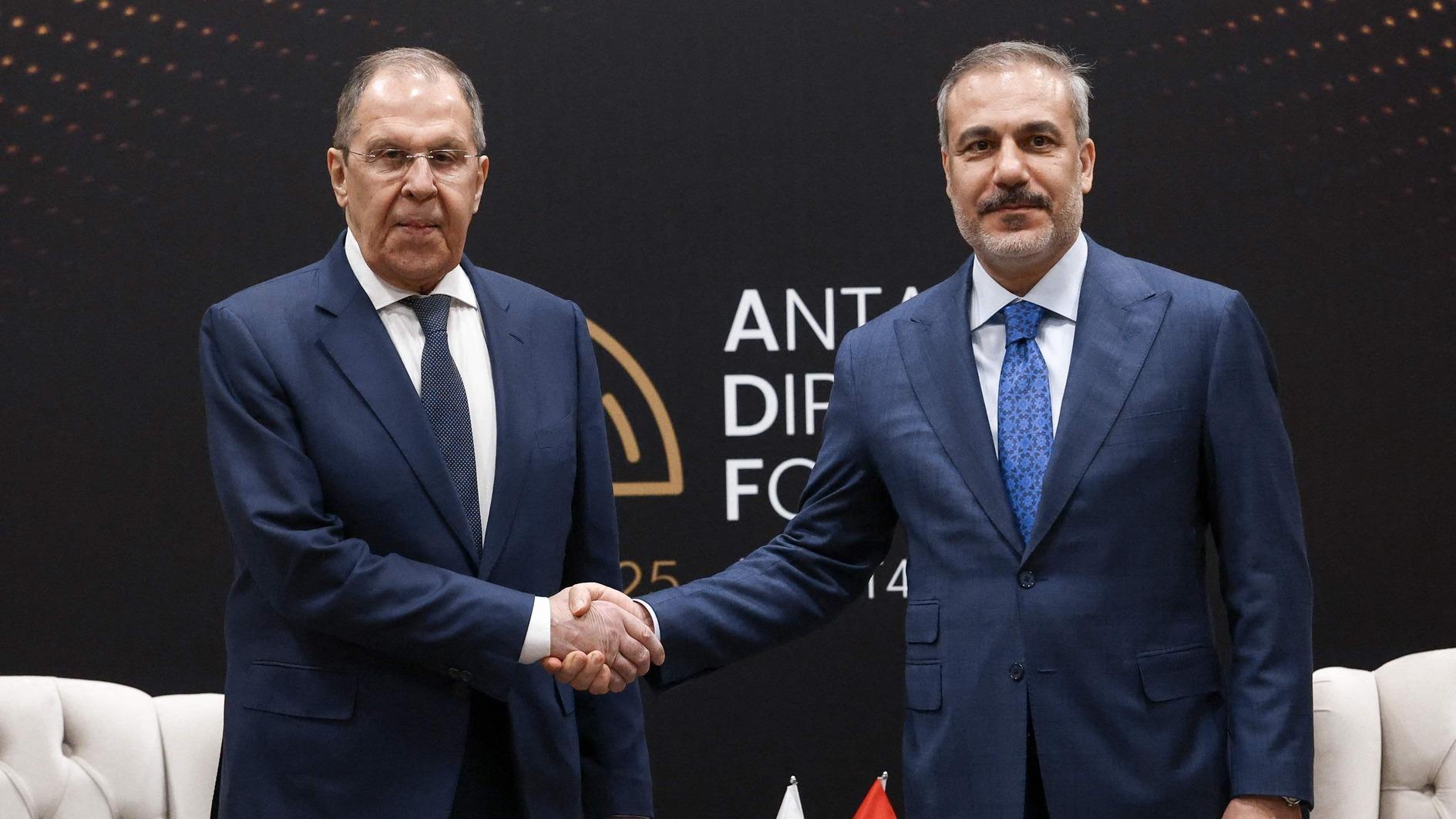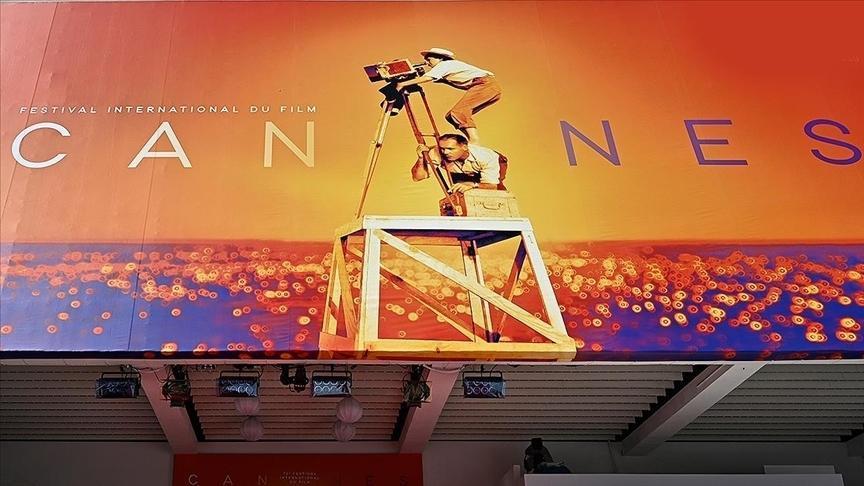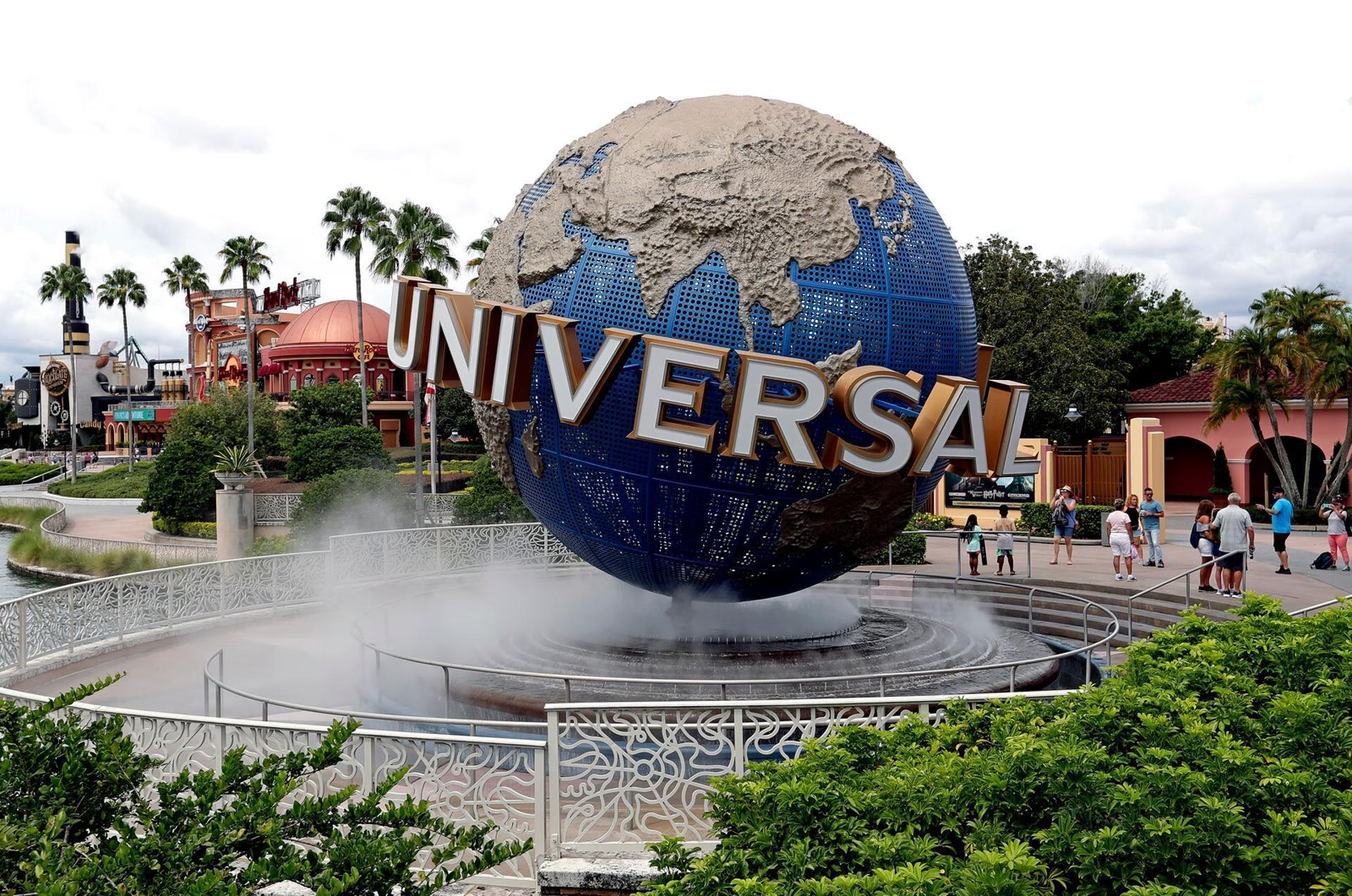Olympics and diplomacy
DENİSE MARRAY
With just 31 days to go before the London Olympics, there is a palpable sense of excitement and anticipation in the United Kingdom. Besides being a great sporting spectacle involving 10, 000 athletes from 204 countries, it is widely recognised that the event provides a unique opportunity for building good international relations and, in the case of the host country, for showcasing the nation in its best light.This awareness accounts for a strong turnout of diplomats at an event held in London on Thursday by the Global Diplomatic Forum (GDF) entitled, ‘Olympic Games — Bridging the Diplomatic Gap’. The keynote speaker, introduced by Younes El Ghazi, CEO of GDF, was Sir Keith Mills, deputy chairman, London Organising Committee of the Olympic and Paralympic Games (LOCOG). A businessman and entrepreneur famous for inventing Air Miles, he is about to see the fruits of nine years of planning.
The Olympic Park, he explained, delivered on time and on budget, is the biggest urban development of its kind to be seen in Europe for 200 years. He is particularly proud of the way LOCOG has remained true to its bid pledge to bring sporting opportunities to developing countries. He revealed a shocking statistic about Bangladesh, stating that some 18,000 children drown annually in floods due to the fact they haven’t been taught how to swim. A special training programme has been implemented to train parents and teachers to teach swimming skills to children, and safe areas have been created in lakes and rivers to provide inexpensive pools for the purpose.
Professor David Armstrong, Founder/Editor, Diplomacy and Statecraft defined public diplomacy as the means by which a state communicates with people in other countries with the aim of both influencing and informing. Panel speaker, Jonathan Fryer, Chairman, London Liberal Democrats, said hosting the Olympics afforded the host nation a great opportunity for making powerful statements. For the UK in 1948, in the aftermath of the second Work War, it was a statement about resilience. For Tokyo in 1964, it signalled Japan’s return to the mainstream, for Beijing in 2008, it afforded the Chinese a stage to show their world power status.
Andy Reed, chair of the Sport and Recreation Alliance, UK noted how hosting the Olympics opened doors for diplomatic engagement. He recalled how former Japanese prime minister Yoshiro Mori, a keen rugby player, had been only too delighted to engage with the British when it came to talk about sport.
Talking about the impressive Beijing Olympics in 2008, He Rulong, head of press and public diplomacy at the Embassy of the People’s Republic of China in London said it was a valuable opportunity to show China’s contribution to the world economy and help balance what he termed as the “knowledge deficit” between Chinese society and the rest of the world. He felt that hosting the Games, cheered along by so many visiting heads of state, was a great confidence booster to China, resulting in greater openness. He recalled that two million volunteers assisted at the Games which aimed to engage the people, and promote sustainable development and hi-tech industry.
One unhappy participant was Arion Krasniqi, first secretary at the Embassy of the Republic of Kosovo. He expressed his disappointment at Kosovo being excluded from participating in the London Games. In his view this exclusion, on the authority of the IOC, is related to geo-political factors — chiefly the opposition of Serbia and Russia. Kosovo’s finest athlete, judo star Majinda Kelmendi, will compete under the Albanian flag.
Dennis Marray is a freelance journalist based in London











